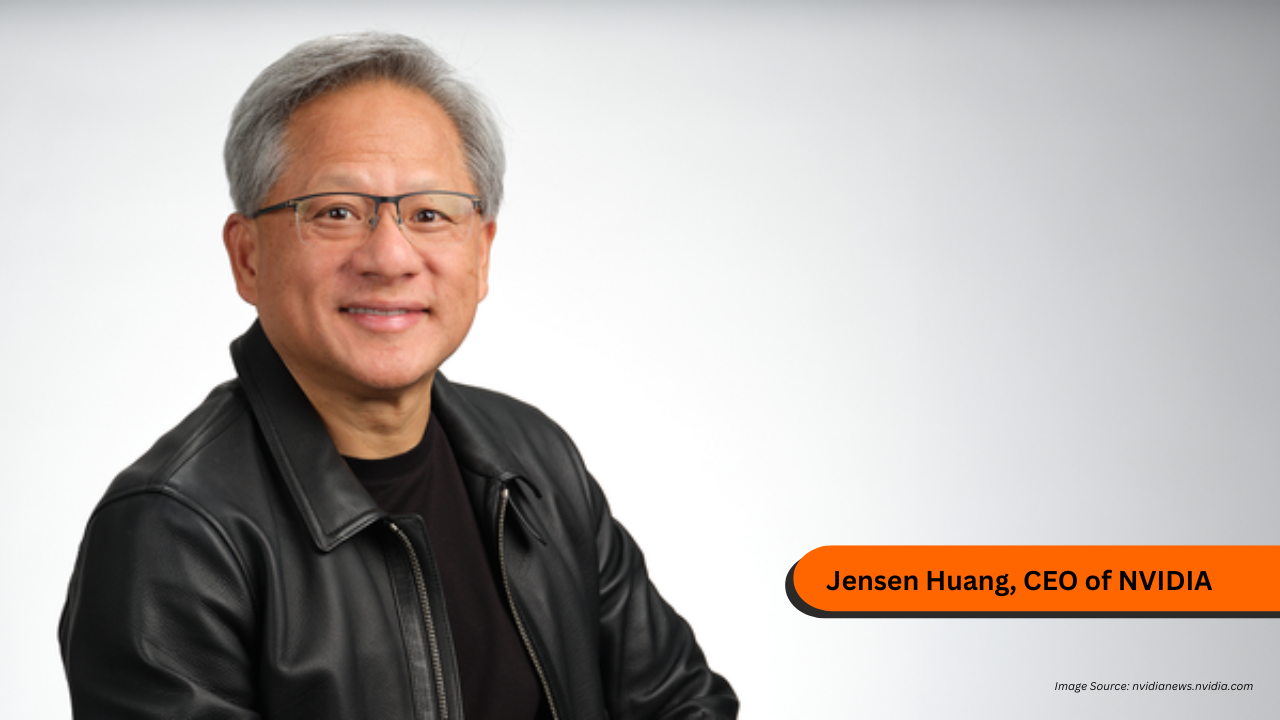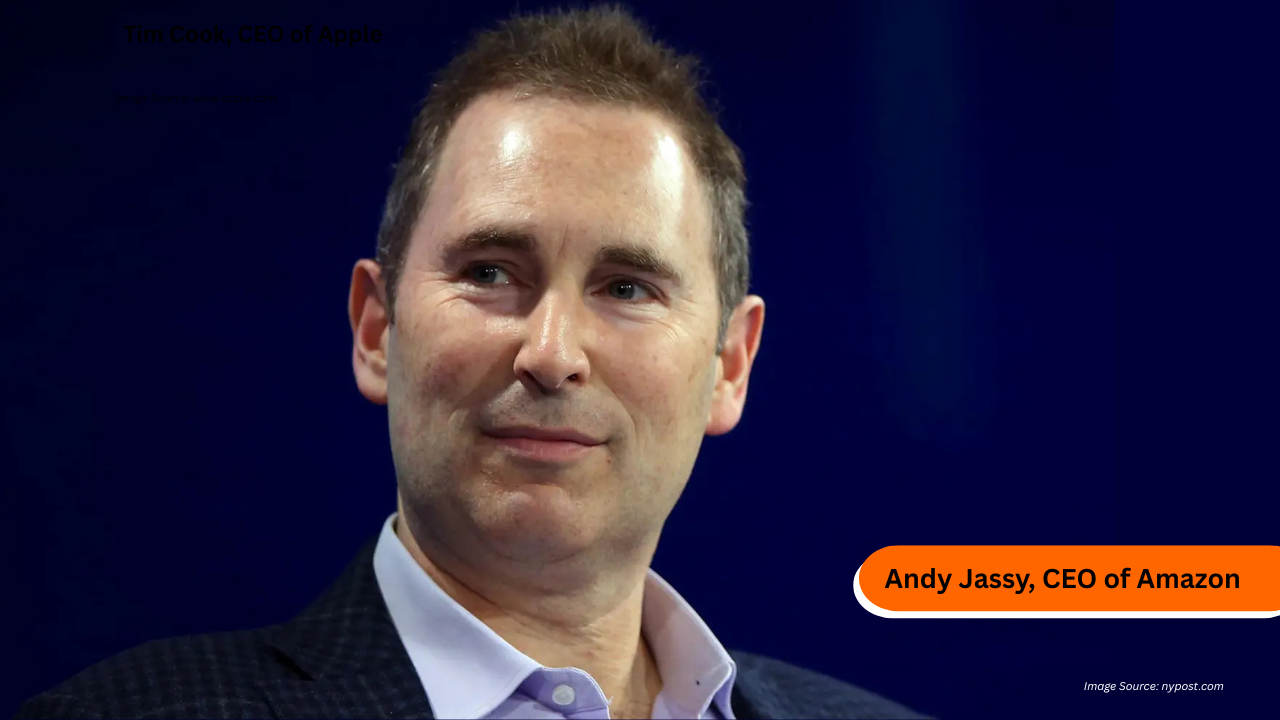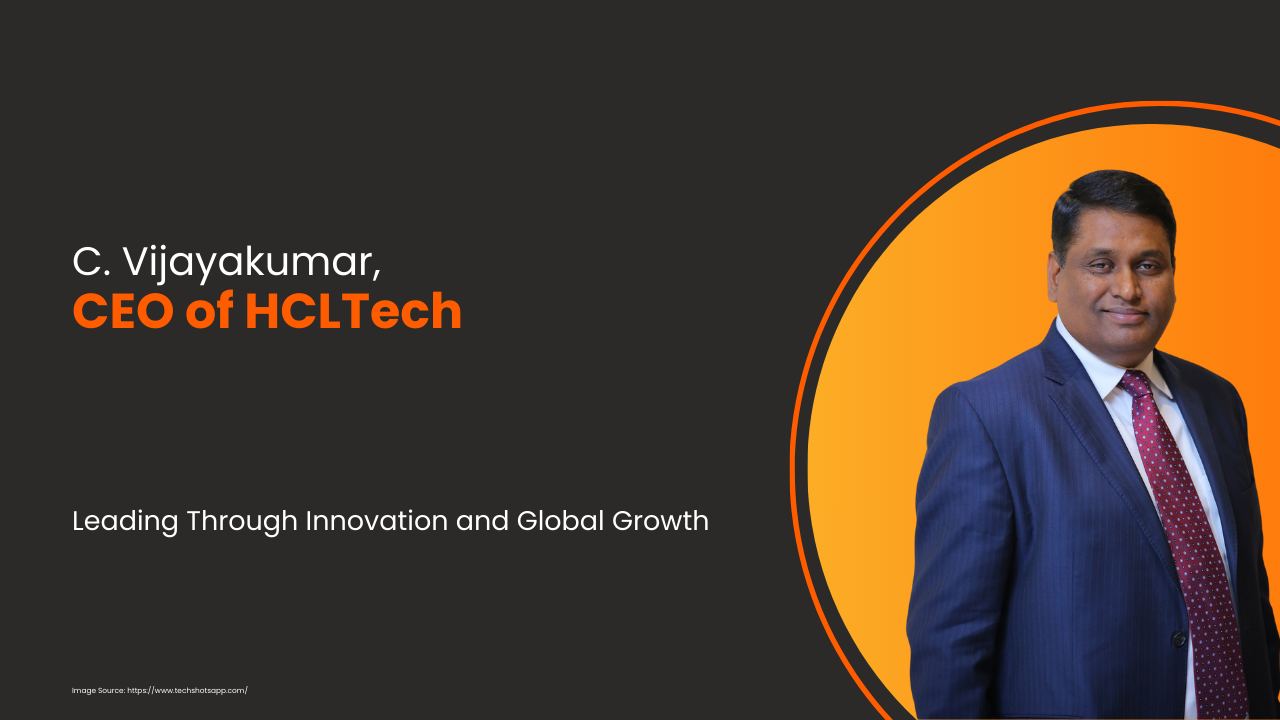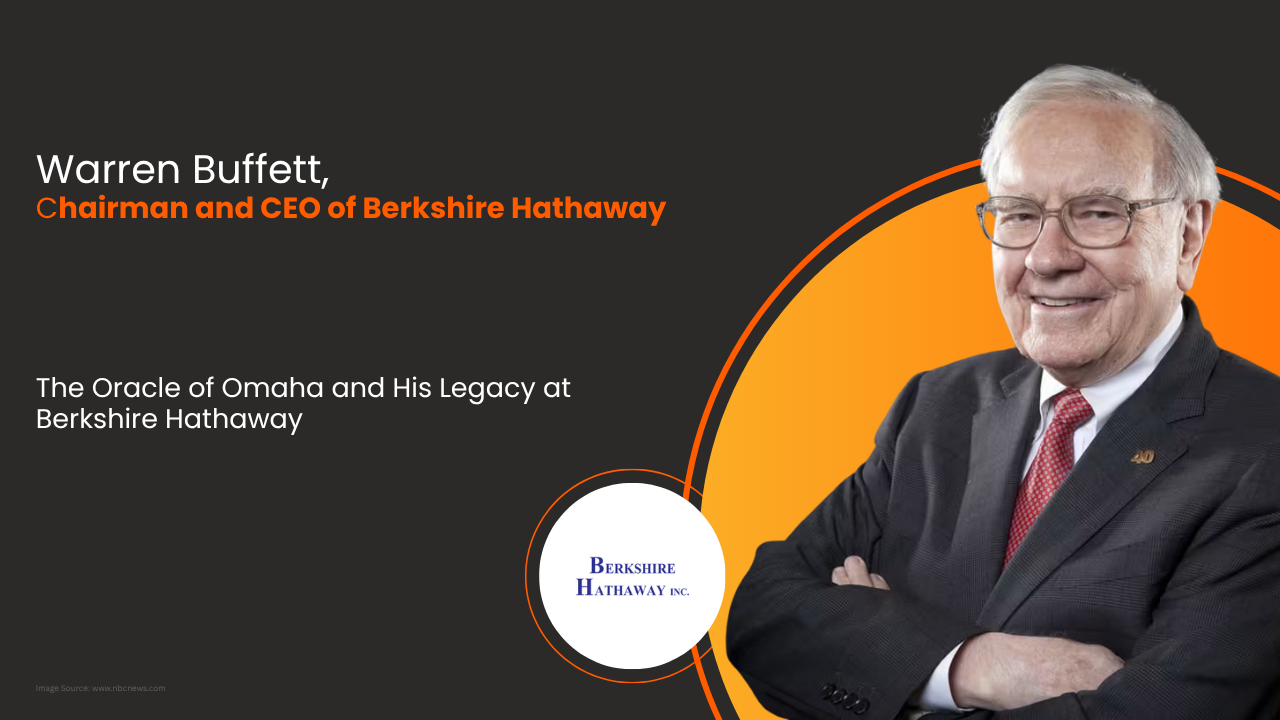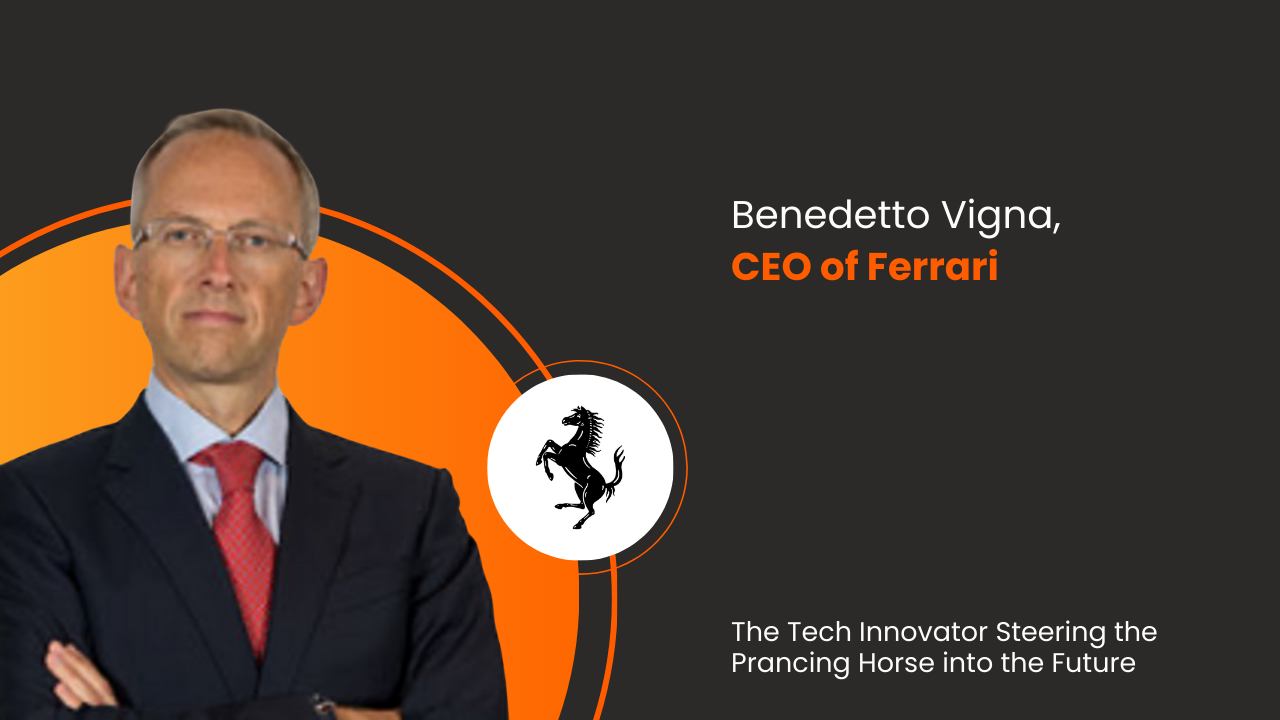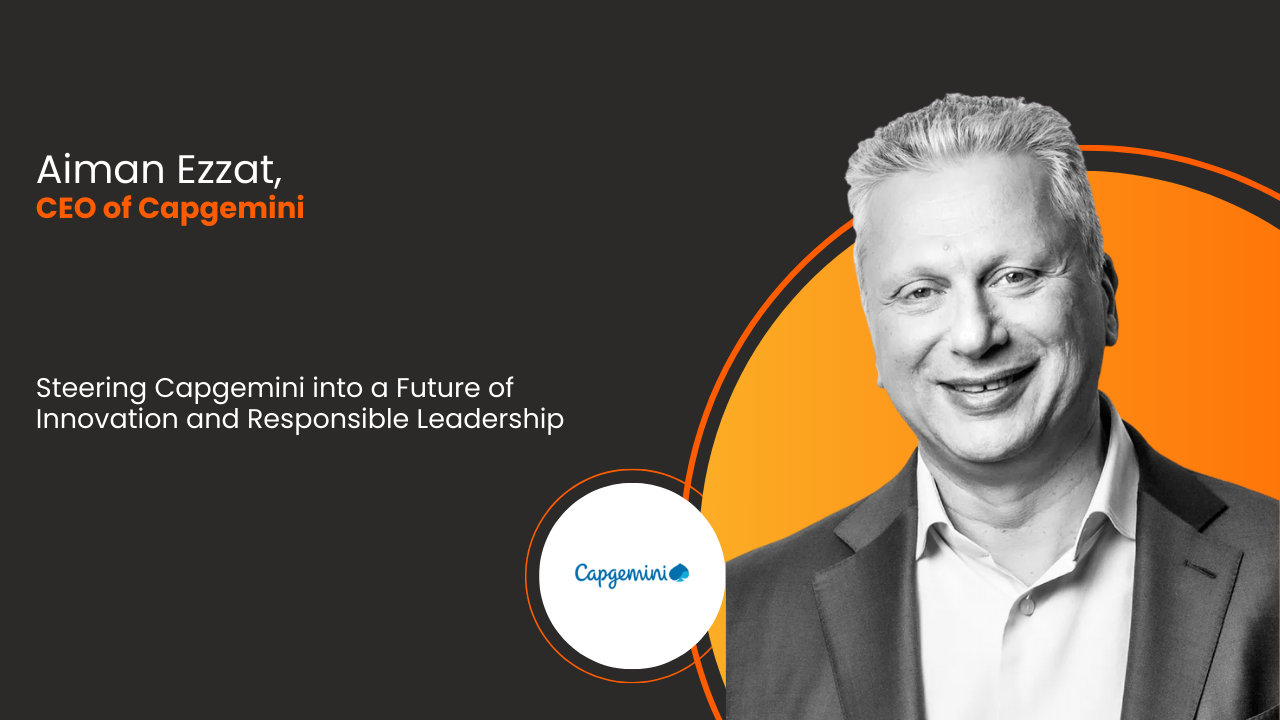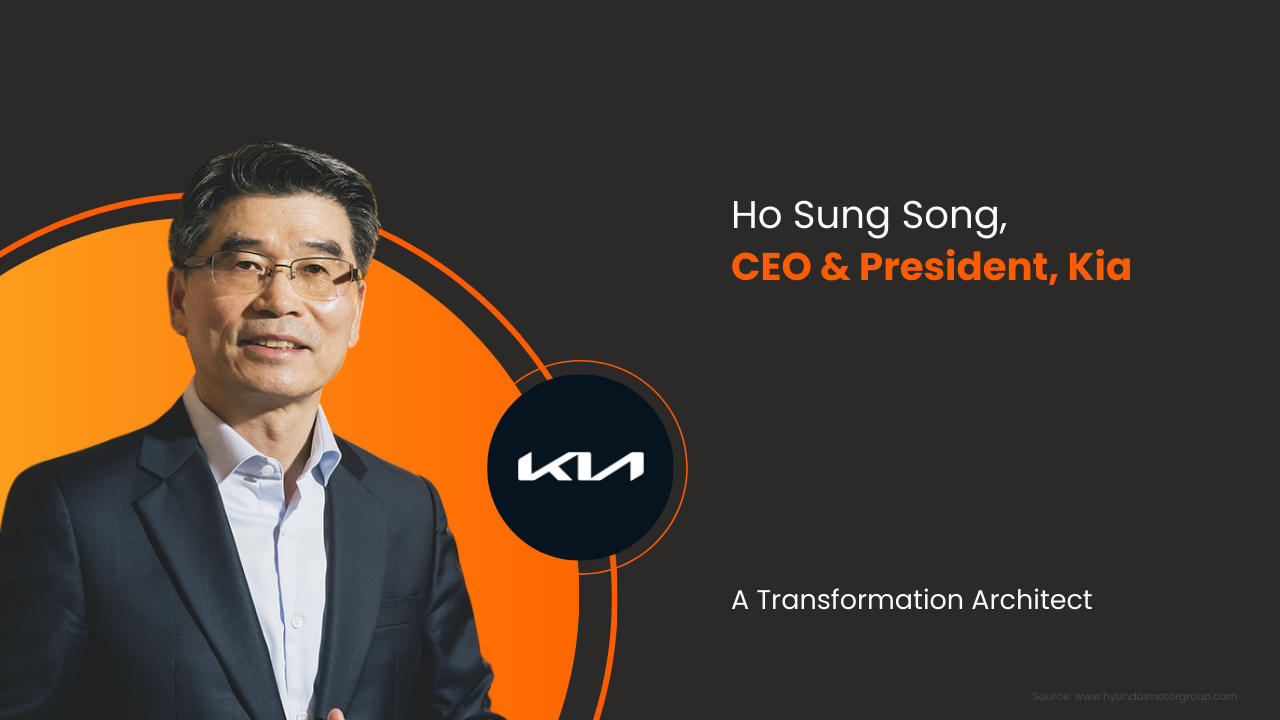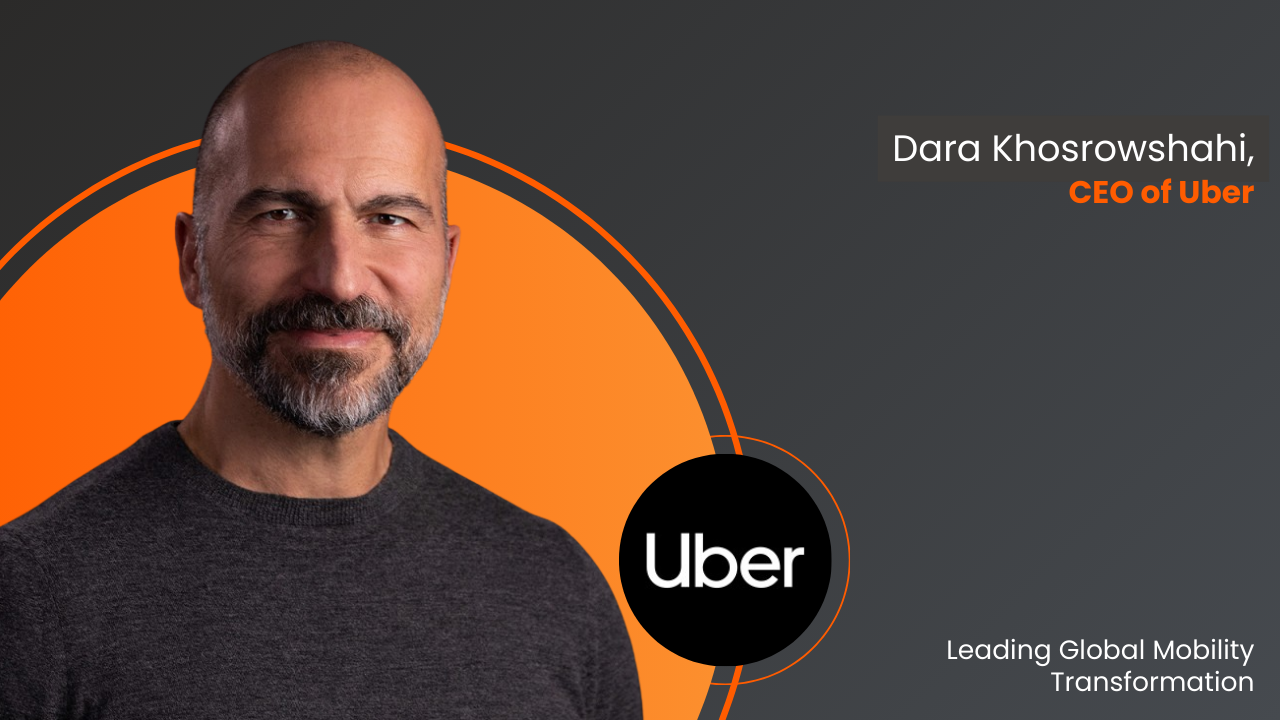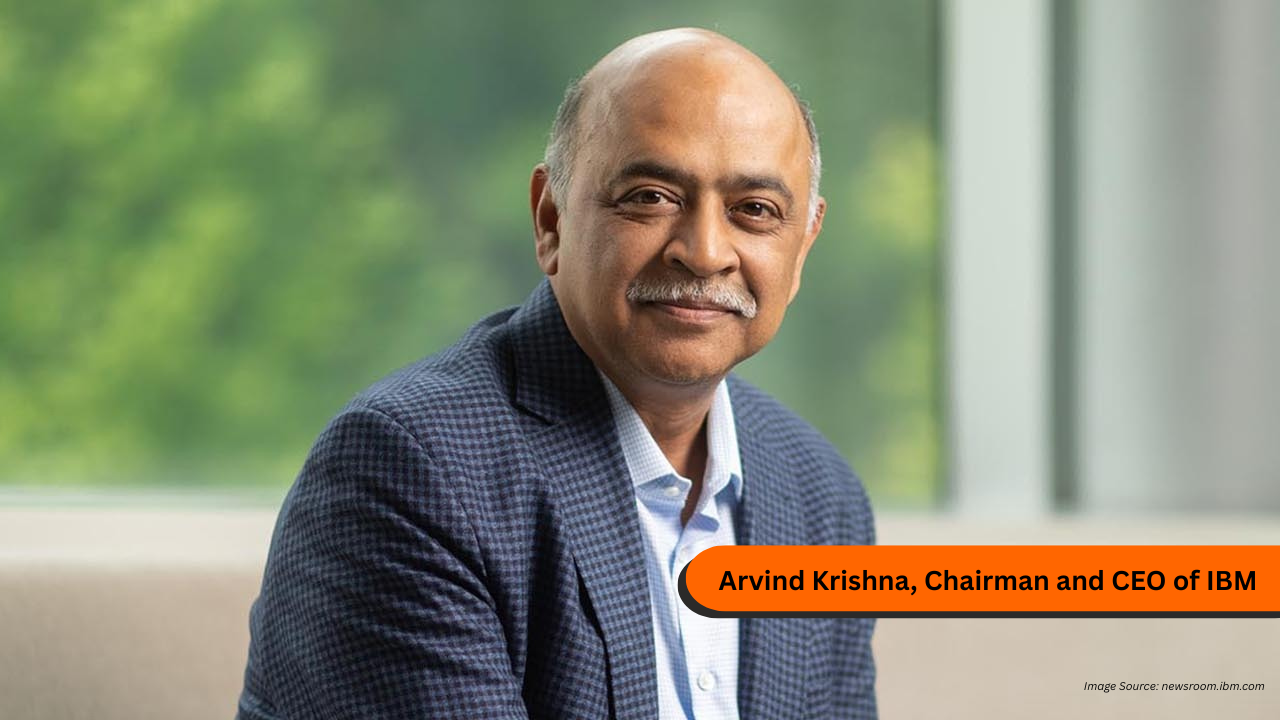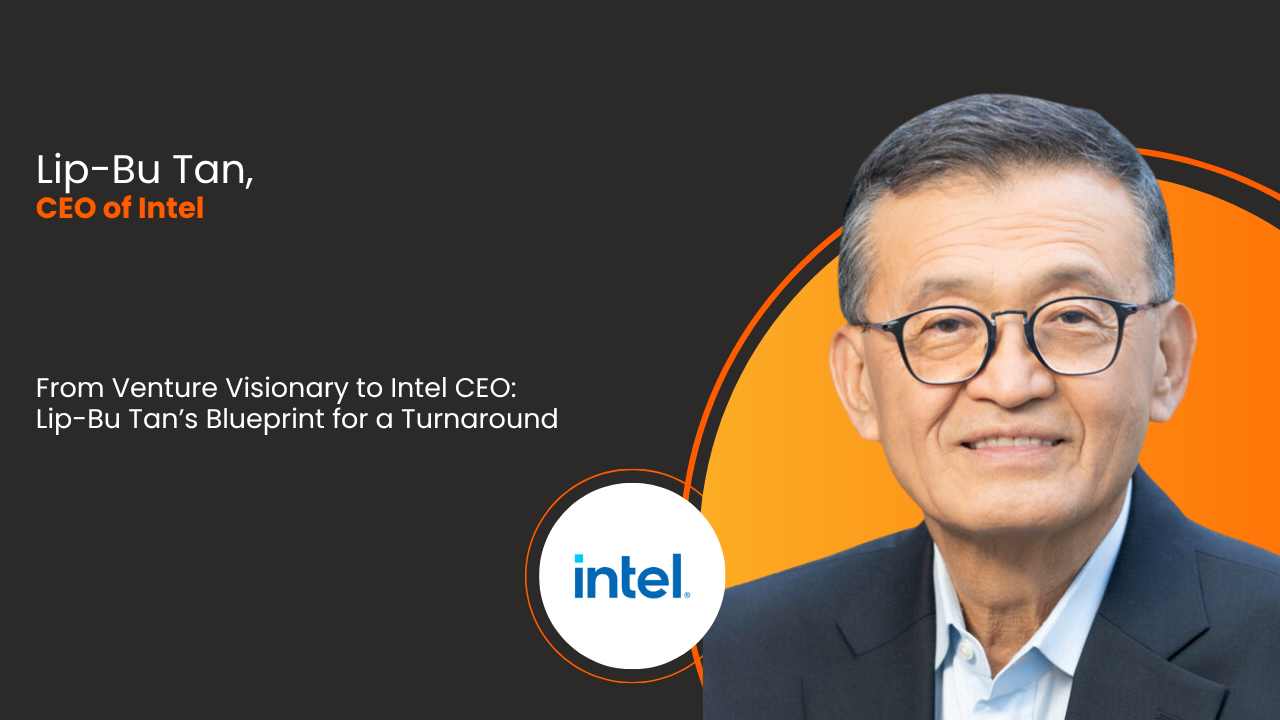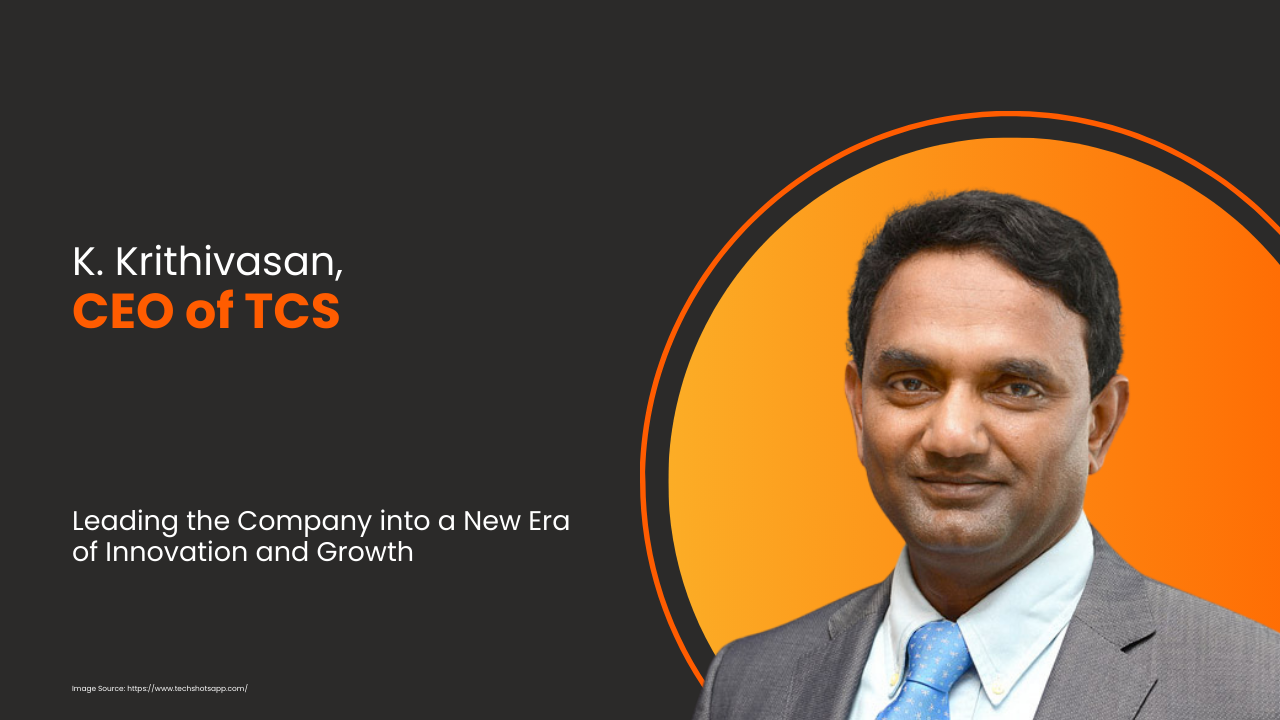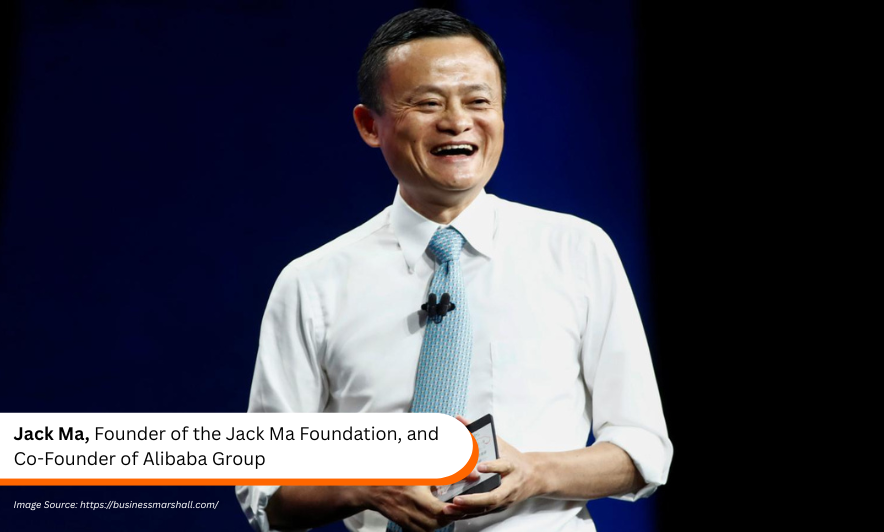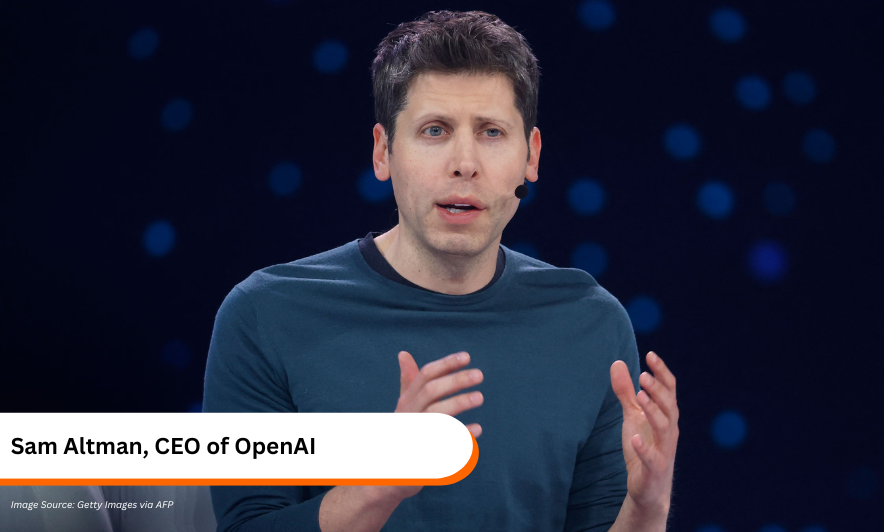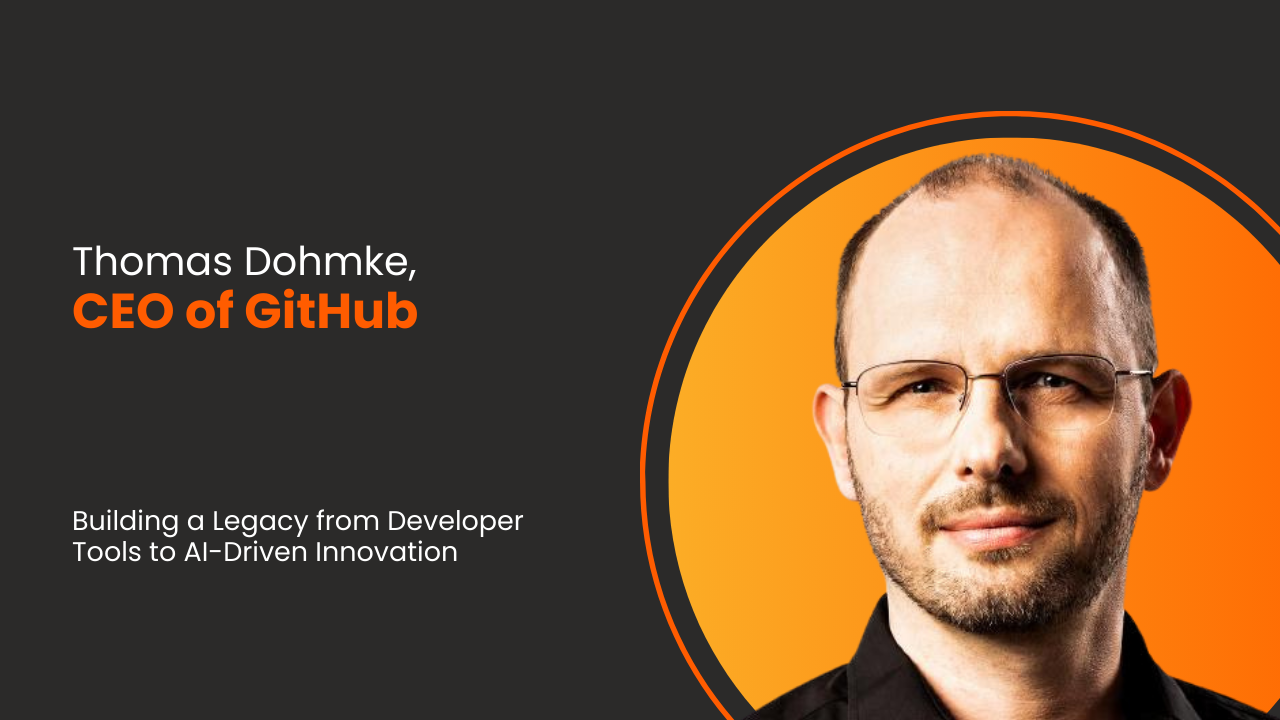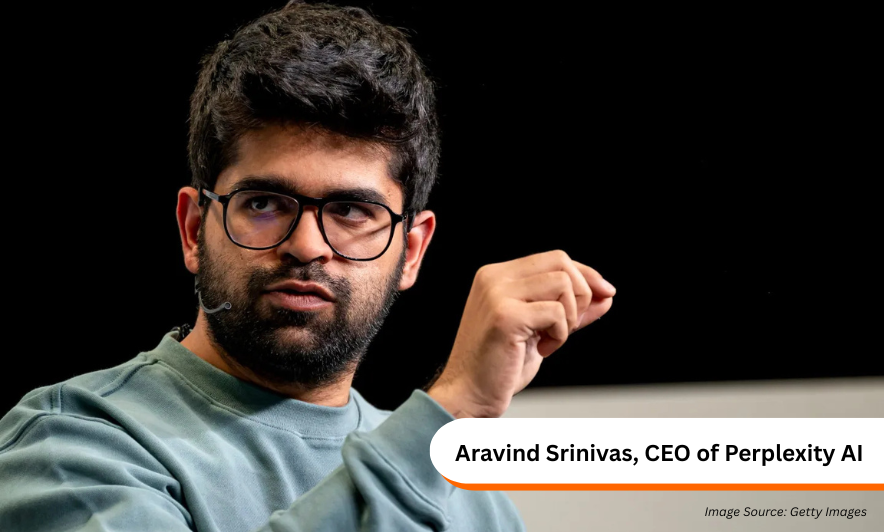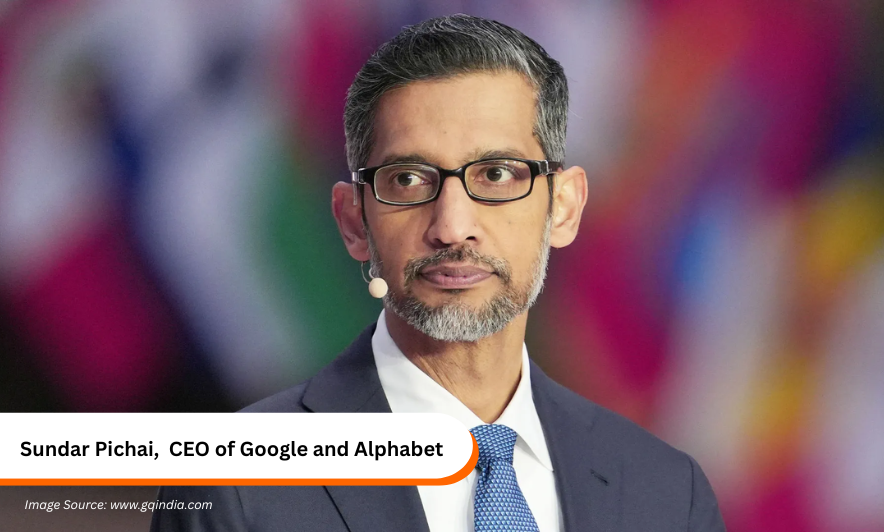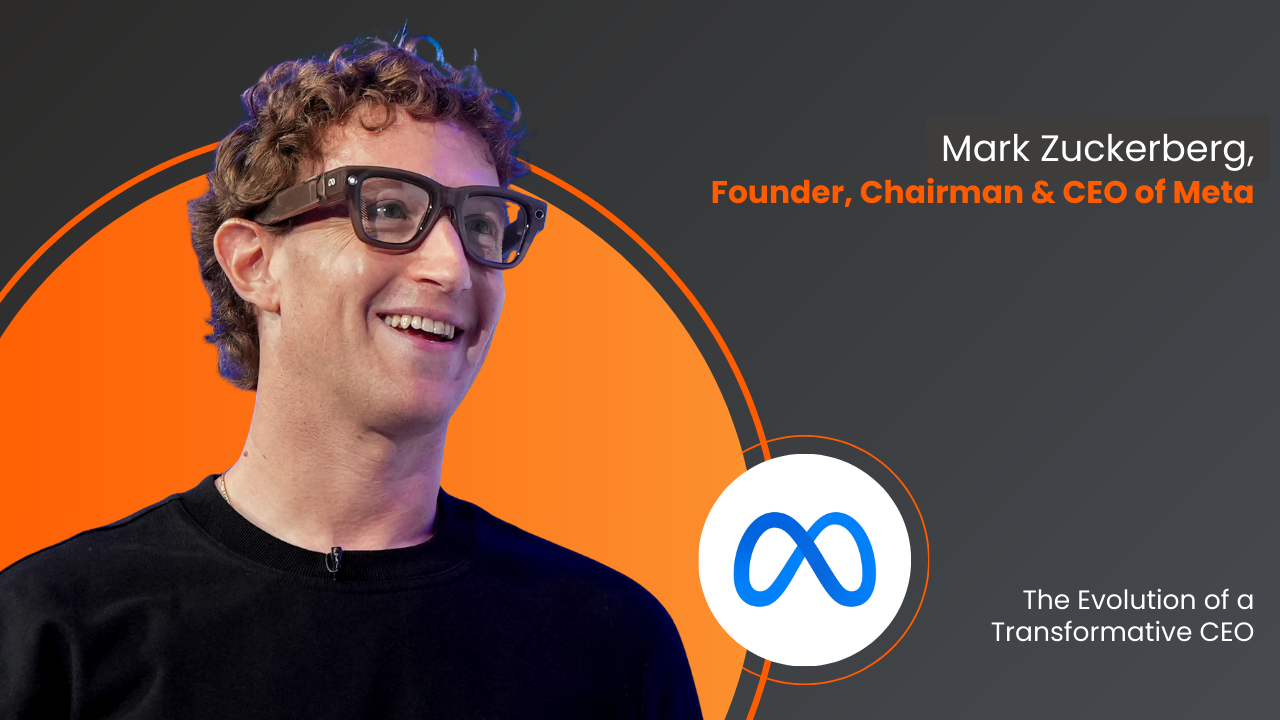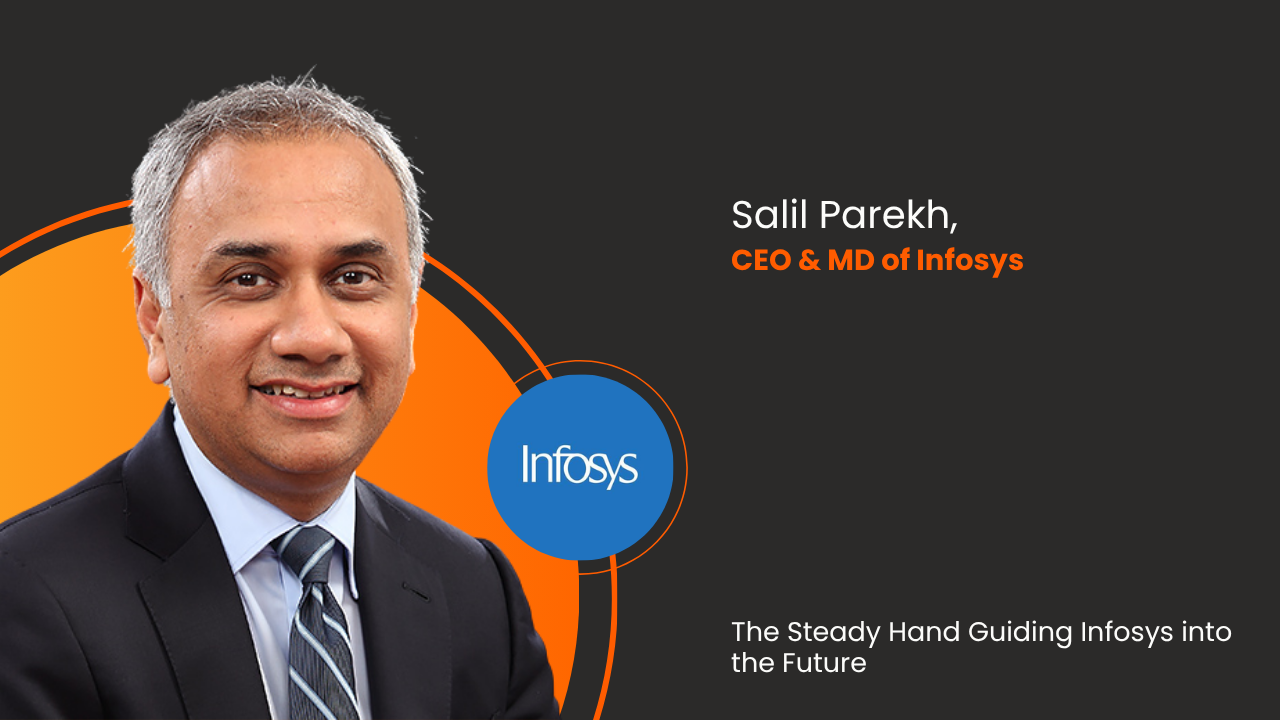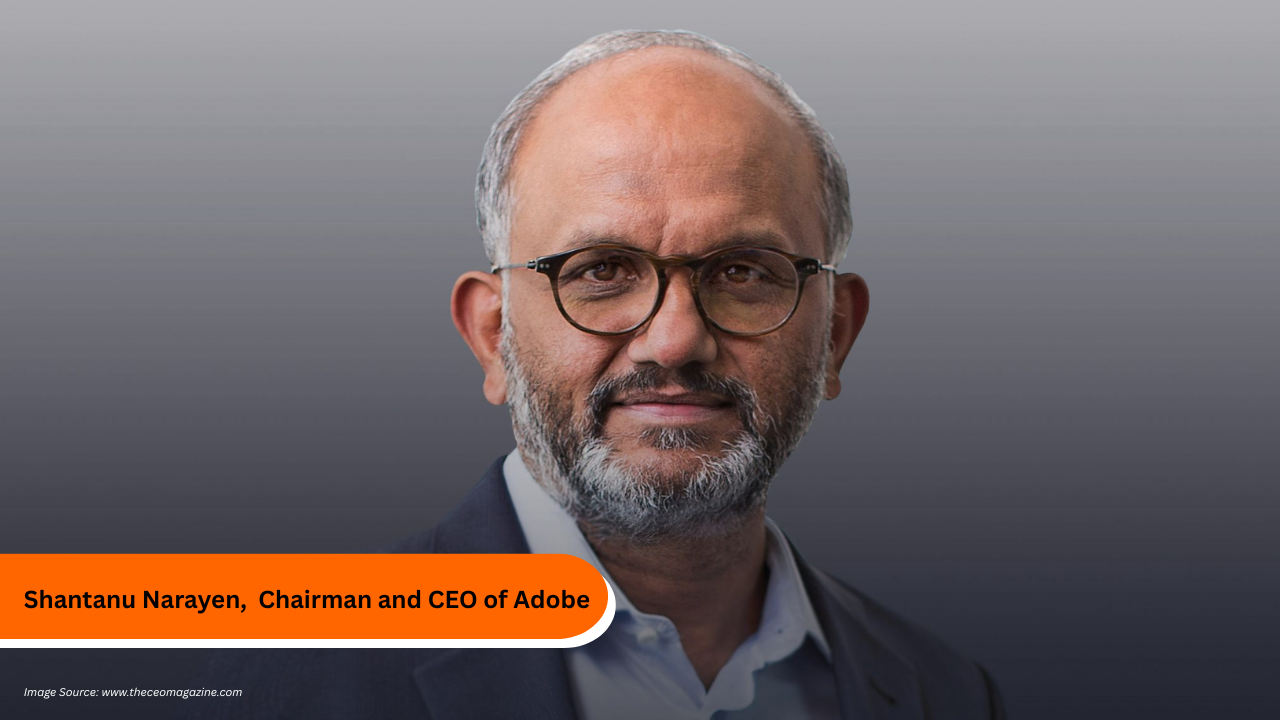Jensen Huang transformed NVIDIA from a GPU pioneer into a global AI powerhouse, driving innovation in supercomputing, robotics, and sovereign AI.
Born in 1963 in
Taipei, Taiwan, Huang spent early years in Thailand before immigrating to the
U.S. at age nine. His mother taught him English by quizzing him on "ten
words a day".
He worked as a dishwasher and busboy, crediting those experiences for instilling discipline and passion in any task.
Academically bright, he earned a B.S. from Oregon State and an M.S. in electrical engineering from Stanford.
Founding
NVIDIA & The GPU Revolution
In 1993, Huang
co-founded NVIDIA from a Denny’s breakfast table, with the original aim of
pushing graphics chips to new limits.
Under his leadership,
NVIDIA introduced the world’s first GPU in 1999, redefining PC gaming and
marking the dawn of parallel computing.
He steered NVIDIA through near-bankruptcy in the late ‘90s, successfully pivoting toward professional visualization and HPC markets.
Recognition
& Leadership Legacy
Named World’s Top‑Performing CEO by
Harvard Business Review in 2019.
A decorated
innovator: recipient of the IEEE Founders Medal (2020), the Edison and
VinFuture Awards (2024), and reportedly selected for the prestigious Queen
Elizabeth Prize for Engineering (2025)—one of the highest global honors in the
field.
His estimated net worth: ~$117 billion (as of May 2025), placing him among the world’s top 15 richest individuals.
Catalyzing the AI
Revolution
Transitioned NVIDIA
from a graphics specialist into an AI powerhouse, with GPUs becoming the
backbone of modern deep learning and large language models.
At CES 2025, Huang showcased bold initiatives including:
- Blackwell RTX 50 Series
GPUs—next-gen consumer and professional
GPUs,
- Cosmos,
a suite of AI models targeting robotics, simulation, and agentic
applications,
- Project Digits, described as a vision for personal AI supercomputing—hinting at possible future moves into AI-accelerated desktop computing.
Building
Sovereign AI & Global Infrastructure
Advocates “sovereign
AI”: national-level AI systems preserving culture and data autonomy—especially
in Europe.
Germany AI factory in
the works: a €3 billion site with ~100,000 GPUs.
Partnered to sell
18,000+ Blackwell chips to Saudi Arabia for a 500 MW data centre deployment.
In Taiwan, announced a massive Blackwell-based supercomputer with Foxconn & TSMC.
Robotics
– The Next Frontier
NVIDIA is
accelerating progress in humanoid robotics:
- Introduced the Isaac GR00T N1
open-source foundation model to support robotics research and development.
- Engaged in discussions with Foxconn about deploying humanoid robots in industrial settings—with initial pilots reportedly planned for a Houston-based AI plant.
Hybrid
Ecosystems & Compute Innovation
Unveiled NVLink
Fusion at Computex: integrates NVIDIA GPUs/CPUs with third-party silicon (e.g.,
Fujitsu, Qualcomm) through NVLink fabric.
Enabled highly-customizable compute stacks to meet diverse AI needs.
What
Lies Ahead
Expanding sovereign
AI projects across Europe, the Middle East, and Asia.
Scaling robot-first
manufacturing lines and AI server factories.
Possible entry into
desktop CPUs via Project Digits lineup.
Continued investment in AI supercomputing, data center solutions, and global infrastructure for autonomous and robotic systems.
Jensen Huang’s
journey—from a Taiwanese immigrant cleaning dishes in small towns, to Stanford
grad, AMD engineer, and finally co-founding NVIDIA—embodies resilience, vision,
and innovation.
His transformative leadership has redefined industries: from gaming graphics to global AI, sovereign computing, robotics, and beyond.
As the CEO of NVIDIA,
Huang continues to pioneer a future where AI is not just another tool—it
becomes an intelligent, autonomous infrastructure that reshapes manufacturing,
national strategies, and everyday life.

